
Anti Tg (Thyroglobulin Antibody)
Anti Tg (Thyroglobulin Antibody)
Anti Tg (Thyroglobulin Antibody) blood test is used to measure antibodies that your body produces in response to thyroglobulin. Thyroglobulin protein is produced by the thyroid gland. When a small amount of this protein leaks into the blood, antibodies against it are produced by the immune system.
The thyroid gland is a small, butterfly-shaped gland located above the collarbone, close to the base of the throat. Triiodothyronine (T3) and thyroxine (T4) hormones produced by the thyroid gland regulate the body’s metabolism process. These hormones have an impact on a person’s mood, weight, energy levels, and other crucial aspects of health.
Healthcare providers order an Anti Tg (Thyroglobulin Antibody) test to diagnose thyroid problems.
This test is also known as Thyroglobulin antibody test, antiTg antibody test, thyroid antibody test
Symptoms of an overactive thyroid:
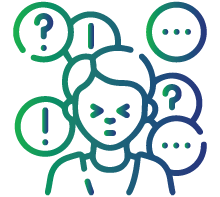
Anxiety

Difficulty in sleeping

Tiredness
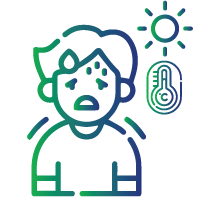
Sensitivity to heat
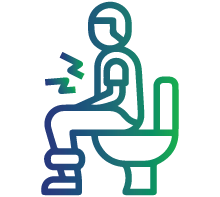
Diarrhea

Persistent thirst
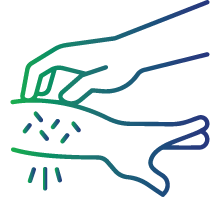
Itchiness
Symptoms of an underactive thyroid
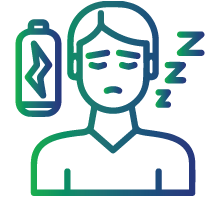
Tiredness
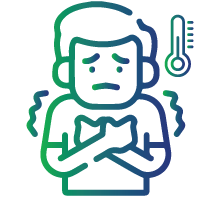
Sensitivity to cold
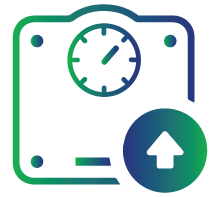
Weight gain
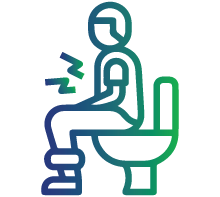
Constipation

Depression
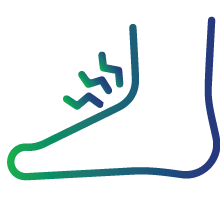
Muscle aches and weakness
Who should get tested?
Anti Tg (Thyroglobulin Antibody) test is recommended:
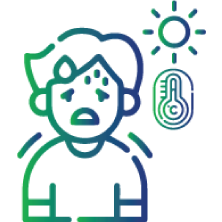
In the case of symptoms of hyperthyroidism
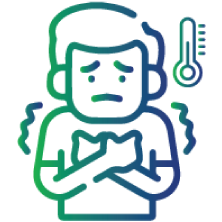
In the case of symptoms of hypothyroidism
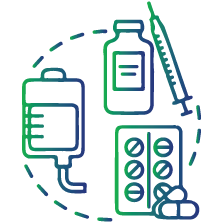
Before and after thyroid cancer treatment completion to determine the treatment effectiveness
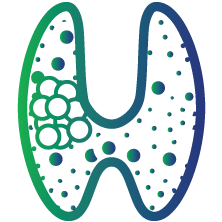
To monitor the recurrence of thyroid cancer
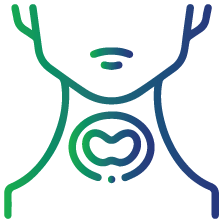
To diagnose thyroid disorders like Grave’s disease, Hashimoto’s disease
Test preparation
Certain medicines may affect the results of Anti Tg (Thyroglobulin Antibody) test; therefore, ask your doctor whether to continue medications or not before the test, and make sure to follow instructions closely
Interpretation of the Test Results
The units of measurement for the results are International Units Per Milliliter (IU/mL)
|
Parameters |
Normal Reference level (IU/mL) |
|
Thyroglobulin Antibody; Anti Tg |
<60.00 |
Deviation from normal levels indicates the following:
· A negative test result means that no thyroglobulin antibodies were found in the blood sample.
A positive test result means that antithyroglobulin antibodies are found in the blood sample. These antibodies may be produced due to diseases like Graves disease, Hashimoto thyroiditis, subacute thyroiditis, underactive thyroid, systemic lupus erythematosus, and type 1 diabetes
FAQs
How is the sample collected for an Anti Tg (Thyroglobulin Antibody) test?
A blood sample is collected from a vein in your arm using a small needle. Usually, this process does not take more than 5 minutes
What are the risks associated with an Anti Tg (Thyroglobulin Antibody) blood test?
This test involves negligible risk. There might be slight soreness or tenderness around the site where the blood is drawn. Rarely, the site can become infected
What is the turnaround time (TAT) for the Anti Tg (Thyroglobulin Antibody) test?
Th test result of an Anti Tg (Thyroglobulin Antibody) is usually available on the same day after the sample collection. However, it could take longer at times
When is an Anti Tg (Thyroglobulin Antibody) test done?
It is recommended to take an Anti Tg (Thyroglobulin Antibody) test if you have symptoms of an underactive or overactive thyroid gland like weight gain or loss, tiredness, anxiety, bowel problems, sensitivity to heat or cold, etc. Increased thyroid hormones in your blood are called hyperthyroidism and decreased thyroid hormones are known as hypothyroidism. The thyroid gland can be destroyed by thyroglobulin antibodies, which target thyroglobulin proteins
Are there medications that interfere with the Anti Tg (Thyroglobulin Antibody) test result?
Yes! Certain thyroid medications can affect the Anti Tg (Thyroglobulin Antibody) test result. Biotin, which is a commonly taken over-the-counter supplement, and some birth control pills can also cause abnormal test results

